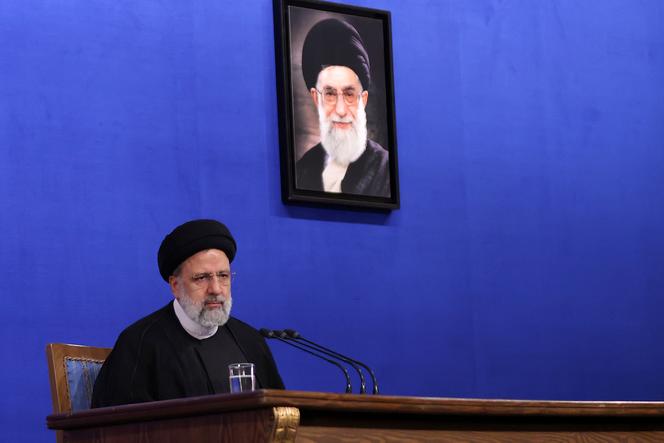
If the war in Ukraine and Chinese-American tensions have caused us to look away from the Middle East, the upcoming twists and turns in the Iranian nuclear crisis will soon dust off our mental maps. Tehran's actions in this part of the world require local powers to openly and assertively join forces to contain and push back Iran.
Iran's actions are part of a much broader context. The West is being confronted with the prospect of a great Chinese-Russian Eurasia. The setbacks of the Russian military in Ukraine have severely affected Russian President Vladimir Putin's power vertical, but they do not call into question the alliance between Beijing and Moscow. They mean merely that the head of the Kremlin will no longer be able to use his diplomatic and military know-how to make up for China's immense demographic and economic superiority.
A hybrid state of war and peace
Chinese President Xi Jinping and the Chinese party-state will try to organize and lead a bloc of anti-West revisionist powers, within the Shanghai Cooperation Organization (SCO) and outside of it. Threats and challenges are global in scope: from Central Europe to the Australasian Mediterranean Sea (the South and East China Seas), from the Arctic to the Indo-Pacific region, tensions are dangerously increasing. It is a new cold war, in the sense of a hybrid state of war and peace.
Of course, this conflict is not reproducing the 50-year conflict that pitted the Soviet bloc against the free world. "War is a chameleon," wrote Prussian general and military theorist Carl von Clausewitz (1780-1831), meaning that it takes on changing forms depending on the times and contexts.
The conflict in the Middle East is likely to turn into a hegemonic war that would establish a new balance of power. This situation reminds us of a truth stated by French Admiral Raoul Castex (1878-1968) in his Strategic Theories, originally published in French between 1929 and 1935: "Every century or so, there is a troublemaker. There is a nation in full bloom, overflowing with life force, thirsty for ambition, which wants to dominate everything. This troublemaker – powerful in numbers, resources of all kinds, politics and weapons – openly manifests its intention of absorbing and crushing its neighbors."
These considerations on the Beijing-Moscow alliance and the threat it poses on a global level do not lessen the crucial importance of smaller areas, such as the Middle East. Located at the crossroads of Europe and South and East Asia, this region occupies a central place in China's "New Silk Roads" project. Seen from Moscow, it constitutes a geo-strategic corridor running alongside its "domestic foreigners" – that is, the North Caucasus and the Muslim "subjects" of the Russian Federation.
You have 53.3% of this article left to read. The rest is for subscribers only.